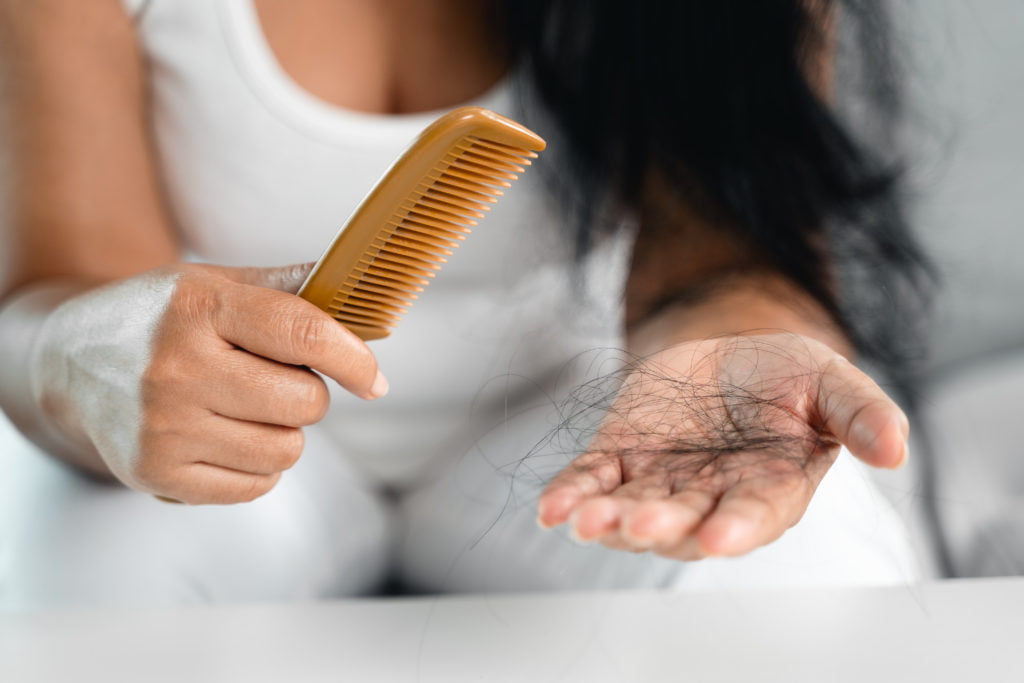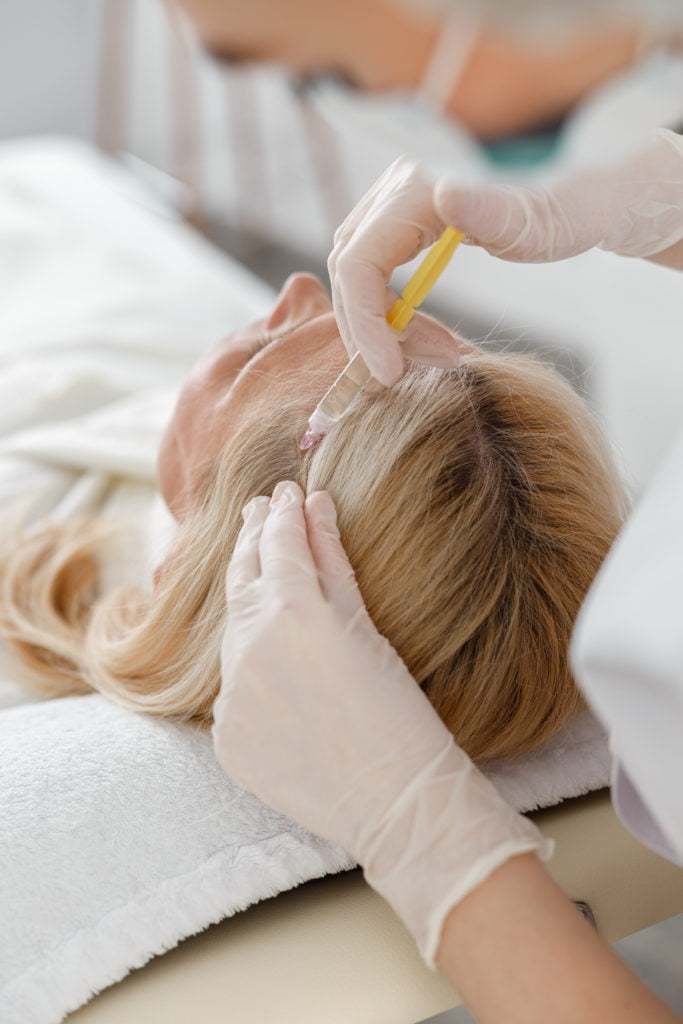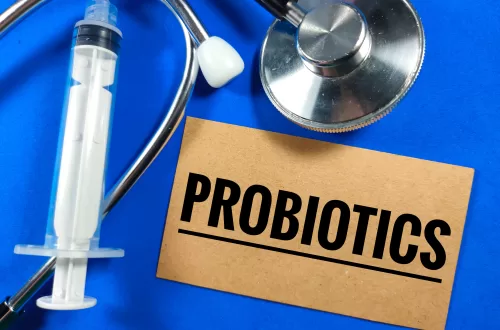Hair Loss in Women
Did you know that hair loss in women is often caused by hormonal changes? Many women experience some degree of hair loss or thinning hair as they age, and this problem can be exacerbated by hormonal fluctuations associated with menstruation, pregnancy, and menopause. In fact, up to 40% of women may experience some degree of hair loss during their lifetime.
There are a number of potential causes of female-pattern baldness, including genetics, aging, and hormone fluctuations. But fortunately, there are a number of treatments available for those who suffer from this type of hair loss.

Genetics
Androgenetic alopecia, also known as female-pattern baldness, is the most common type of hair loss in women. It is characterized by a progressive thinning of the hair on the scalp, which can eventually lead to complete baldness. This type of hair loss is caused by a combination of factors, including genetics and hormones.
While there is no cure for female-pattern baldness, there are a number of treatments that can help to slow down or stop the progression of the condition. These include minoxidil (Rogaine), low-level laser therapy (LLLT), and anti-androgens such as spironolactone (Aldactone) and finasteride (Propecia).
Aging
As we age, our hair follicles begin to shrink and produce smaller, finer hairs. This process is known as follicular miniaturization, and it is a natural part of aging. While there is no way to prevent this from happening, it is possible to slow down the rate at which it occurs by using certain treatments, such as minoxidil (Rogaine) and low-level laser therapy (LLLT).
Hormone Fluctuations
Hormonal changes can also cause hair loss in women. These changes can be due to puberty, pregnancy, menopause, or taking birth control pills. If you are experiencing hair loss due to hormonal changes, your doctor may recommend treating the underlying condition with medication, such as birth control pills or hormone replacement therapy.

Natural Treatment for Hair Loss
There are a number of natural treatments that can help to prevent or reverse hair loss in women. These include eating a healthy diet, taking supplements such as biotin and omega-3 fatty acids, and using essential oils such as lavender oil and rosemary oil.
If you are concerned about hair loss, it is important to consult with a doctor or dermatologist to rule out any underlying medical conditions. Once any underlying conditions have been ruled out, you can then begin exploring treatment options.
Essential Oils for Hair Growth
There are a number of essential oils that are effective in promoting hair growth. These include lavender oil, rosemary oil, and cedarwood oil.
Lavender oil increase circulation to the scalp and promote hair growth. Rosemary oil stimulates hair follicles and prevent hair loss. Cedarwood oil is beneficial in treating dandruff and reducing hair loss.
To use these oils, add a few drops to a carrier oil such as jojoba oil or coconut oil and massage into the scalp. Alternatively, you can add a few drops of these oils to your shampoo or conditioner.
Biotin for Hair Growth
Biotin is a water-soluble vitamin that is necessary for the formation of keratin, the main protein in hair. A deficiency in biotin can lead to hair loss.
There are a number of ways to increase your intake of biotin, including taking supplements, eating foods that are rich in biotin, such as eggs and nuts, and using biotin-enriched hair care products.
It is important to consult with a doctor or dermatologist. Once any underlying conditions have been ruled out, you can then begin exploring treatment options.
How to Deal with the Emotion Distress of Hair Loss
Losing your hair can be a very embarrassing and emotionally distressing condition. If you are dealing with it, it is important to remember that you are not alone. There are a number of treatments that can help to slow down or stop the progression. In addition, there are a number of support groups and resources available to help you deal with the psychological effects of hair loss.
In some cases, hair loss may be due to a combination of factors, including genetics, aging, and hormones. If you are not responding to treatment, it is important to see a doctor for a complete evaluation. With the proper diagnosis and treatment, most women can successfully manage their hair loss.






